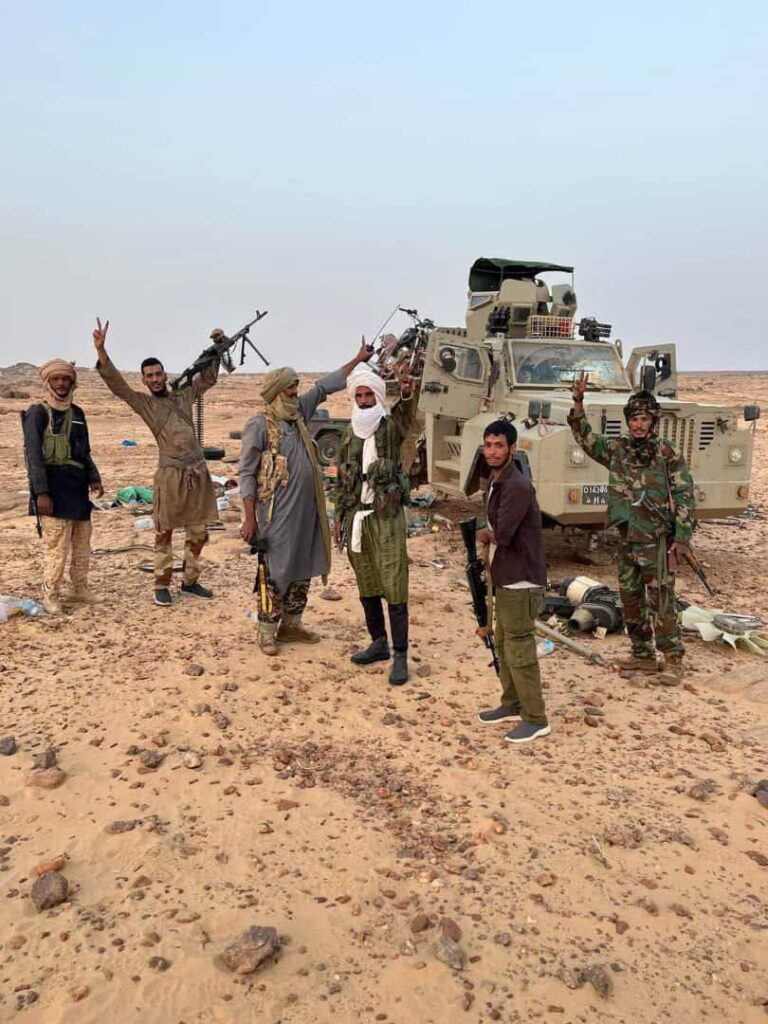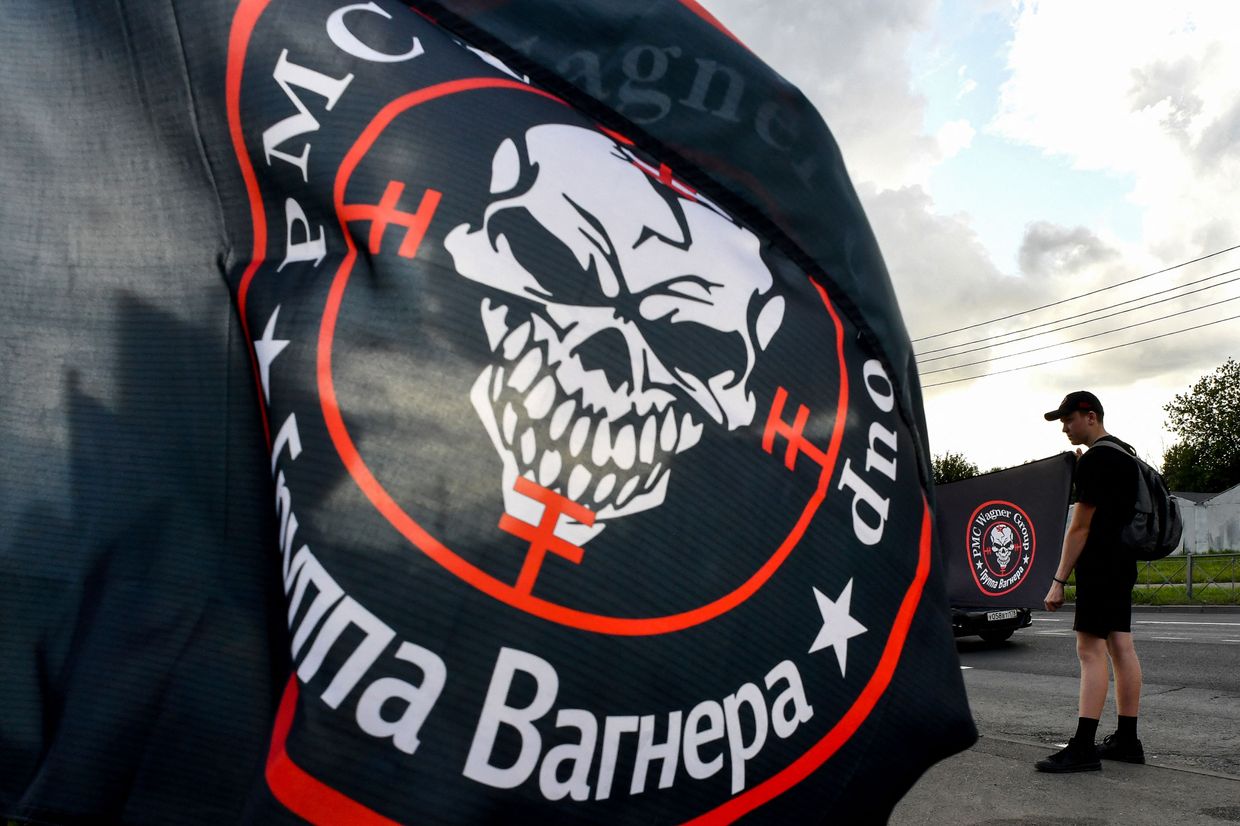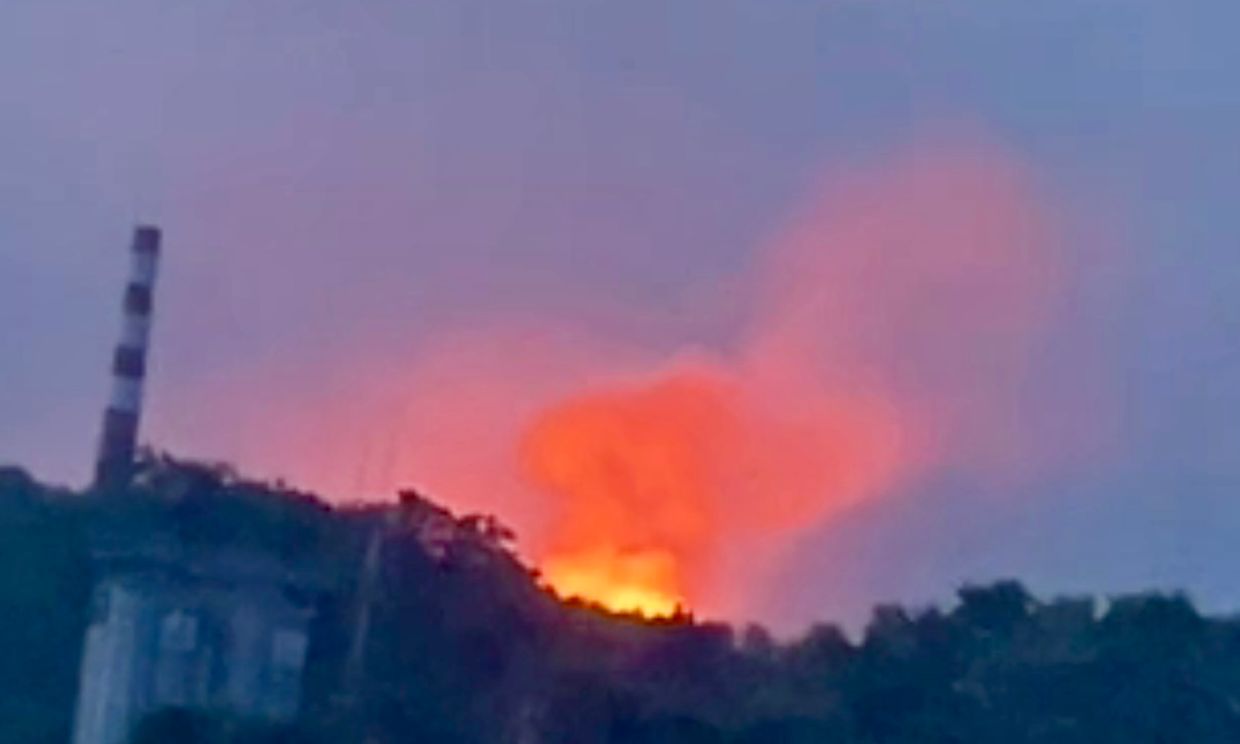What to Know About the 9/11 Case at Guantánamo Bay

© Doug Mills/The New York Times


© Doug Mills/The New York Times


© Jim Huylebroek for The New York Times


© Associated Press


The Russian private military company Wagner is experiencing serious setbacks in Mali: around two thousand fighters failed to improve security or control resources as they did in the Central African Republic. Instead of fighting jihadists, the mercenaries clashed with the Malian army, which only increased violence, reports the Foreign Intelligence Service of Ukraine.
After the 2021 coup, power in Mali was seized by a junta led by Assimi Goïta, who hoped for effective cooperation with Russian mercenaries. Instead, the JNIM network (Al-Qaeda in the Sahel) continues to strengthen its position in the region, and civilian casualties rose from 736 per year to over 3,000 in 2022–2024. Notably, 80% of deaths were caused not by jihadists but by the local army and Wagner forces.
Relations between Russian mercenaries and Malian forces sharply deteriorated: reports show disobedience to orders, equipment theft, and acts of racism. In August, repression targeted dozens of officers who disagreed with Wagner methods. Civilians subjected to terror refuse to cooperate with the mercenaries.
Unlike in Sudan and the CAR, Russia did not gain access to mineral resources, including gold mines. Goïta rejected Moscow’s demands and is seeking alternative partners for security and resource extraction.


© Majid Asgaripour/Wana News Agency, via Reuters


© Majid Asgaripour/Wana News Agency, via Reuters


Since 2021, Russian Wagner mercenaries have detained, tortured, and forcibly disappeared hundreds of civilians in secret prisons across Mali, according to a joint investigation published on June 12 by Forbidden Stories, France 24, Le Monde, and IStories.
The investigation found that mercenaries with Russia's Wagner Group, working alongside Malian government forces, had systematically abducted and detained civilians, holding them in prisons at former United Nations bases and military bases across Mali.
Drawing on eyewitness accounts and satellite imagery, the investigation identified six detention centers where Wagner held civilians between 2022 and 2024. The total number of Wagner detention centers in Mali is likely to be much higher.
Prisoners were subjected to systematic torture – including beatings, waterboarding, electric shocks, starvation, and confinement in sweltering metal containers.
The investigation was carried out as part of the Viktoriia project, in memory of Ukrainian journalist Viktoriia Roshchyna, who was captured by Russian forces in 2023 while investigating the illegal detention of civilians in Russian-occupied territories of Ukraine. She was killed in Russian captivity in 2024.
The Russian mercenary group, known for its deployment in Ukraine and short-lived rebellion against the Kremlin in 2023, has a strong presence across the African continent, backing Russian business interests and Moscow-friendly regimes.
The mercenaries have been particularly active in Mali since late 2021 and have been accused of perpetrating war crimes. In December 2024, Human Rights Watch accused Wagner mercenaries and Malian government forces of deliberately killing 32 civilians.
The Wagner Group recently announced its withdrawal from Mali, where it fought alongside Malian government forces to fend off Islamist insurgents. Wagner has been active across the African continent for years and has been previously accused of committing human rights abuses.
 The Kyiv IndependentThe Kyiv Independent news desk
The Kyiv IndependentThe Kyiv Independent news desk